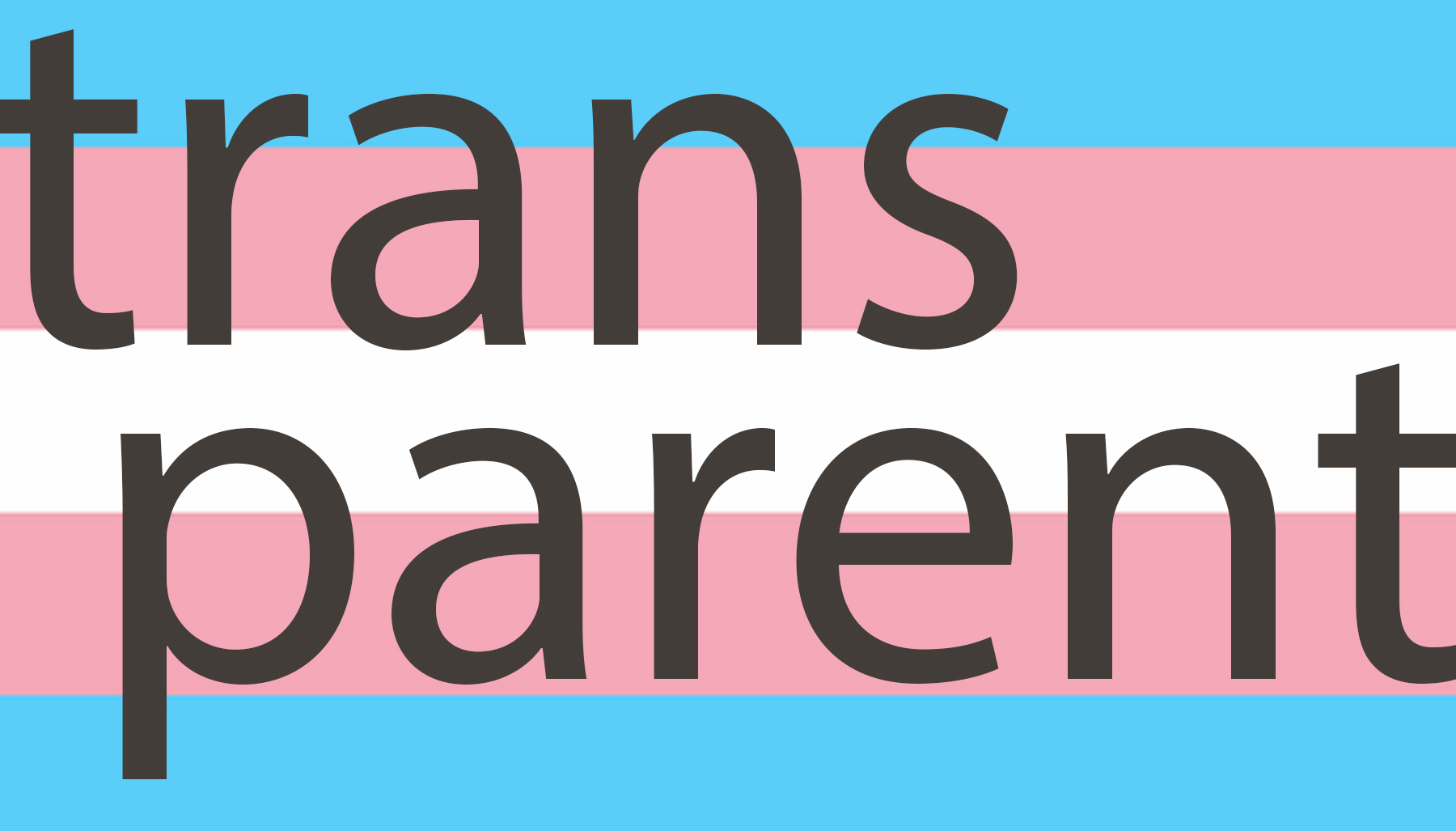
The positives and negatives of trans visibility
By: Jasper Scelsi, Columnist
When I was younger, neither myself nor anyone I was aware of knew what “transgender” meant. I didn’t learn about transgender people until I was about 16, and instantly began to wonder if I was one of those people. But nowadays, it seems everyone knows that transgender people exist. There are headlines in the news and entire shows devoted to the lives of trans people, and this article exists namely to share the experiences of transgender individuals. Is this increased visibility good or bad?
Before I get into the meat of this article, I want to clear up a potential misunderstanding. Some people seem to think that because people are becoming more familiar with transgender people means that being trans is a new thing. In fact, someone once told me “50 years ago we didn’t have all of this transgender stuff, and the world was better for it.”
However, trans people have existed for a very long time. For instance, Chevalier d’Eon was born in 1728 and if she used the language of today, she would have likely identified as a transgender woman. The Hijra, India’s third gender, has a history spanning over 4,000 years. Native American cultures have the Two Spirit, people that “were considered neither men nor women; they occupied a distinct, alternative gender status.” Trans identities are less historic in Western culture, so they seem new to many in these areas.
Trans visibility can be seen as a good thing in many ways. Now, transgender people have language to describe themselves, which gives them understanding. They have words to create a community under, and having a community of similar individuals with similar struggles and experiences, which is good for feeling accepted. They may feel less like something is wrong with them and feel more that they are just different.
If a cis person’s child is transgender, the parent may not think their child is being weird, just going through a phase, or should be ashamed of their differences – they may realize their child is transgender and try to educate themselves to better parent their child. The stigma is getting smaller, and people are being seen more and more like true men, women, and people that fit neither of those categories instead of just “queers.”
So how can trans visibility be a bad thing? One older trans woman told me this: “ten years ago, when I didn’t pass as well as a woman people would think I’m just an ugly woman and think nothing more of it. Now, they know I’m a trans woman and spew hatred and vitriol at me. I don’t feel as safe anymore.”
Trans visibility is just that – visibility. Now people have a new target at which to spew hatred. One could ask “but before, people could have thrown the same hatred at them for being queer or thinking they were a crossdresser. How is this different now?” I had a similar thought, but people with the lived experience tell me that they are put under a microscope that wasn’t there before.
Even though transgender visibility can be dangerous, I believe it is a more positive thing overall. And as people become more familiar with transgender people, there will be less stigma attached and the danger will not be as great. And now, more people are learning they are trans because now they have the vocabulary and information to do so. More people are coming out and living as themselves because they don’t feel like they’re the only one to feel that way. I only hope the danger lessens soon.


I think what bothers me about trans visibility is it comes without my consent and assigns narratives to me that simply aren’t true. Being born in the wrong body has been nightmarish and both physically and mentally painful. It’s not a sequence of elective cosmetic surgeries, or a choice of pronouns, it’s a disease that has been killing me as long as I’ve been conscious and aware. It’s not fun or sexy. It isn’t colors I want to drape myself in, it isn’t something I want deafening applause for or even mild appreciation for. It feels like I’ve spent the past three decades dying of cancer, and without trying to come up with a treatment that is safe for me, society has instead decided I can “be called what I want to be called” and then have my illness massively sexualized.
And it isn’t just cis people: there’s a trend among trans people who enjoy visibility to make it about who’s attractive and who isn’t, or who is hip and with it or who isn’t. It’s been painful. It’s been just as bad as things were before “trans visibility,” and in some ways worse, because I feel as though both teams have converged in on one single point: that I exist in order to receive their approval, rather than, I exist in spite of something that is killing me, and in hopes of a day where I can fade into the background as a normal person.
And not “a normalized trans,” I mean “a regular person of my innate cognitive gender, like any cis person of my cognitive gender,” which seems to be the one thing all of humanity has agreed I absolutely can’t be. Maybe I should just make peace with it, but it feels the same as choosing to commit suicide. Social suicide, anyway, and it really does seem like the safest and healthiest option: to get out of the way, try my best to avoid notice, and give up.